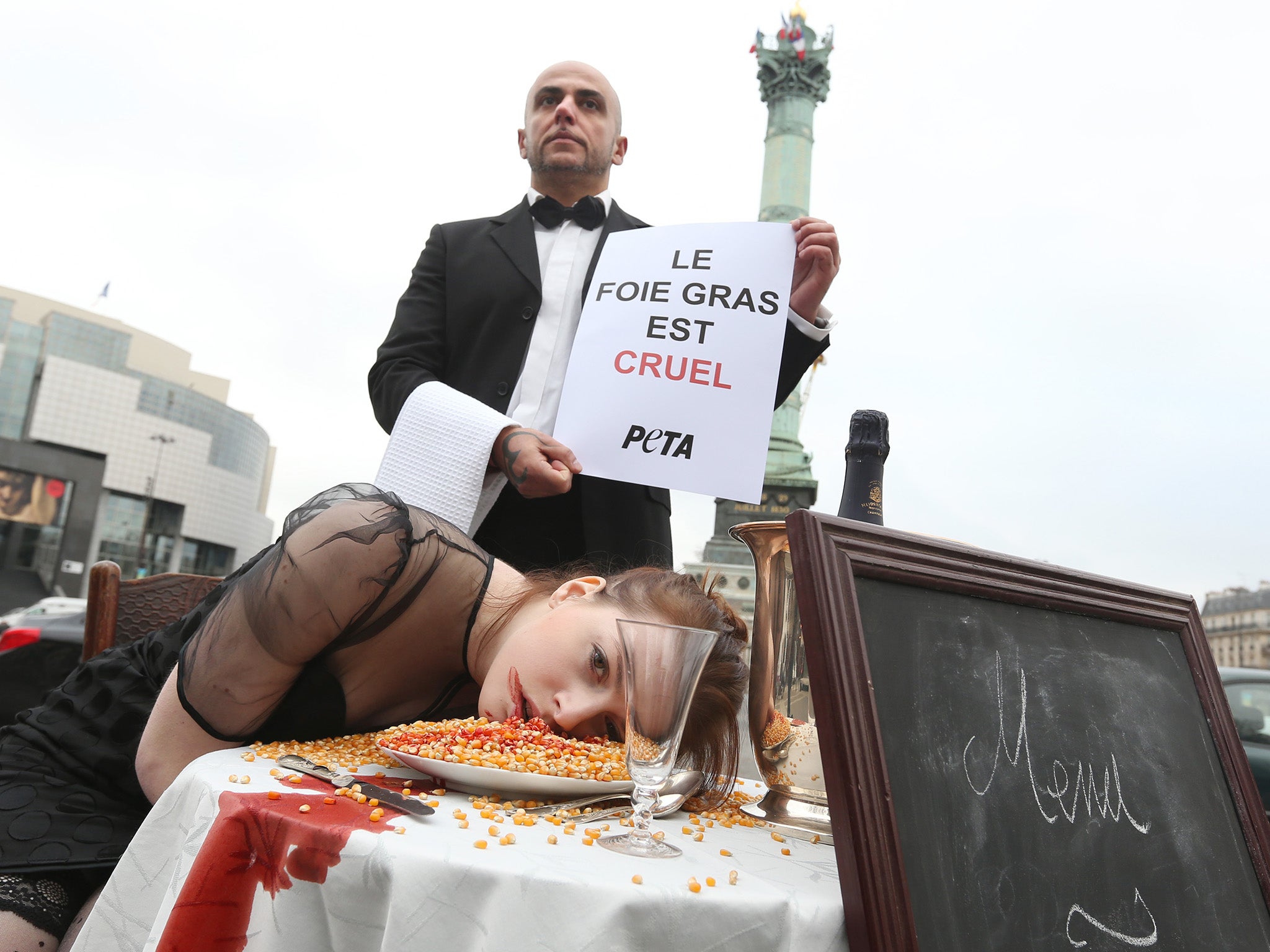Foie gras shortages in France as industry struggles after bird flu scare
This year will see a 25 per cent production drop from the 18,820 tonnes that were produced in 2015

The French foie gras industry is reportedly struggling with the ban on production after a bird flu scare, with warnings of soaring prices that could continue into next year.
Jean-Jacques Caspari of foie gras industry association CIFOG, said there was an expected 10-20 per cent price increase for 2016, The Local reported.
He added that this year will also see a 25 per cent production drop from the 18,820 tonnes that were produced in 2015.
The ban on foie gras production was prompted by an avian influenza scare that broke out in November last year at a chicken farm in the Dordogne region.
Breeders in 18 departments of south west France were banned from having ducks or geese in their slaughterhouses until August.
The French minister of agriculture said the government would compensate the breeders for their estimated $150,000 loss, but CIFOG estimates a loss of 270 million euros ($300 million) for the industry.

France usually produces 75 per cent of the world’s supply of foie gras.
The traditional delicacy is highly controversial due to the way it is made – which involves force-feeding ducks and geese until the liver bursts – and the practise, known as ‘gavage', has been banned in several countries including Italy, Germany, and the UK.
In December a video made by protest group L214 sparked controversy by showing the alleged mutilation and killing of ducklings purportedly from a farm in Pays-de-la-Loire.
Since only male livers are used to make foie gras, female ducklings are often killed when they are born.
Rival foie gras producers in Hungary and Bulgaria are expected to fill the three month production gap.
Join our commenting forum
Join thought-provoking conversations, follow other Independent readers and see their replies
Comments
Bookmark popover
Removed from bookmarks